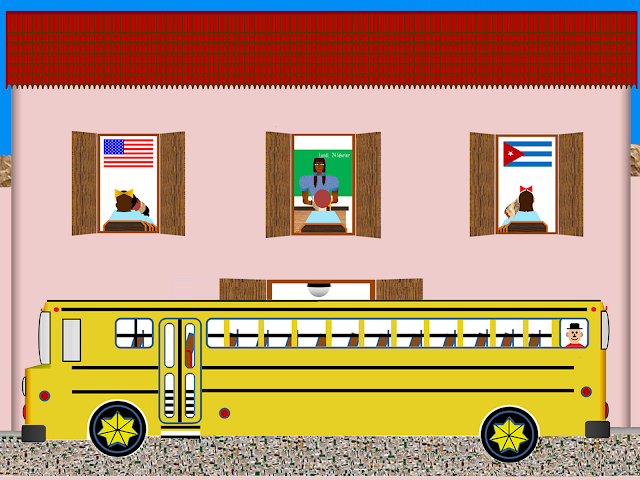This is a synopsis of a work out of ethnographic (anthropologic) research that I’ve been carrying out for years.
In 1919 some French Nationals came to Cuba to create the Cuban Aviation Company using six planes of French Farman Company, two F-60 planes, called the “Goliath”, and four F-40 planes. These latter F-40 planes had participated in the WWI. The French nationals mentioned above were members of an aerial brigade that combated Germans planes and were engaged in bombing raids with these F-40 warplanes. During that war, three of these French military pilots, Lucien Coupet, Léon Coupet, and Camille Jousse, were engaged in the Battle of Verdun. It was the greatest and lengthiest but bloodiest battle that had ever taken place in earth. It lasted from the 21th of February 1916 through the 19th of December 1916.
Leon Coupet and Camille Jousse were wounded twice during the war. Later, Leon was also wounded when he combated as artilleryman from an F-40 warplane. His brother Lucien was the pilot of it. During the combat, the plane was reached by the German artillery and brought down while it was returning from a bombing raid in the German city of Treves. Both brothers were taken as war prisoners, while Leon was, however, in state of coma as a result of their plane crashing in German soil.
When WWI ended due to the Armistice, these French people were part of a crew who were considered dead as they had lost contact with Paris while they were performing the first long distance flight in history from Paris to Dakar with the Farman giant plane “Goliath”. The Goliath plane had crashed in a shore of a beach where they spent two weeks without food and water under the sun of Sahara desert. Actually, Leon, who was a plane technician, made an alembic from the wreckage of the crashed plane to make drinkable the salty seawater. During that time, lost in the desert, they ate what they could preserve from the Goliath along with the crabs they captured.
The Goliath’s crew decided to reach Mauritania by foot. The footway by the desert was hard because one of these exhausted former soldiers had thrown away the above-knee prosthesis of his right leg. His leg had been amputated because of war wounds.
The French comrades were found by a Moor and his black slave
who took them to Mauritania, the nearest population. From there, they went to Dakar in Senegal by train. They returned to Paris by ship where they were received as heroes.
Sometime later, the Goliath Planes of Farman Company were being used as a commercial airline from Paris to London until a Cuban millionaire bought them to create an international commercial airline in Cuba. Then, the Coupet brothers and Camille Jousse, along with other former war combatants were sent to Cuba with two Goliath F-60 and four F-40 planes to create the mentioned commercial aviation.
In Cuba, the French Nationals remained a little more than a year, and the most important location where they stayed was the aerodrome of Colombia in Havana, which became a real aeronautic fair due to the presence of the French planes. For these French people, after the battles of WWI and the testing flight of the “Goliath” to Dakar, their stay in Cuba was like an adventure which took place under relaxing and warming atmosphere with plenty of affection and happiness.
A Cuban woman, who was the person in charge to cook for these French pilots, was the most important woman in that aerodrome of Columbia. Her name was Genevieve. She was married to the owner of a little restaurant located within the aerodrome where the French pilots and other technicians used to eat. The owner of that little restaurant was a black Cuban, and Genevieve was a beautiful woman of mixed race; they had two sons. They were blacks.
While the small planes F-40 were used for short aerial flights in Havana and in other close cities, the Goliath was being prepared to fly from Havana to Santiago with passengers and correspondence. During the first flight to Santiago without passengers due to the bad weather, the Goliath had an emergency landing between two sugar cane plantations. When the weather was better, they managed to take off.
Leon and Genevieve fell in love since the first they saw one each other. As a result of that loving intimate relation, a girl was born. She was not black. Unfortunately, she was born on September 4th of 1921 after the French nationals had left from Cuba. She never met her father. Maybe, Leon never knew that he was the father of Rosa, Genevieve's daughter, one of my sons’ grand-mother.
The most beautiful part of that event was the romantic relation between Leon and Genevieve. They had never loved so intensively in their lives in a so short time, they believed it was an eternity, as they loved so much each other.
Was Leon so ashamed toward Gustavo, then Genevieve's husband, that he never came back?
When you read the novel or see the film, you would know!















